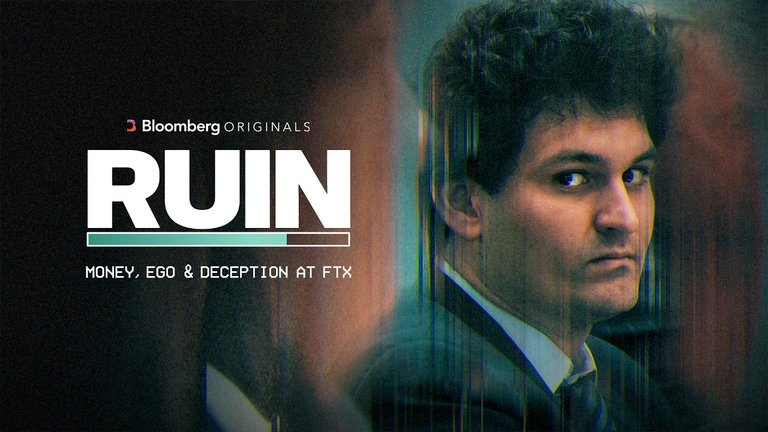The Collapse of FTX: A Cautionary Tale and the Promise of Decentralization
In the fast-paced world of cryptocurrencies, the collapse of FTX stands as a stark reminder of the vulnerabilities inherent in centralized systems. Once a titan in the crypto industry, FTX's downfall has left investors, traders, and the crypto community at large in a state of shock and disbelief. Today we will delve into the events leading to the FTX collapse and explore how decentralization could be the key to preventing such catastrophes in the future.
The Meteoric Rise of FTX and Sam Bankman-Fried
FTX was not just another crypto exchange; it was a phenomenon. Founded by Sam Bankman-Fried, also known as SBF, the platform quickly gained traction for its innovative trading options and user-friendly interface. SBF himself became a celebrity in the crypto world, drawing comparisons to financial moguls like Warren Buffet. At its peak, FTX was valued at a staggering $32 billion, and it seemed like nothing could go wrong.

The Fall from Grace
However, the seemingly invincible FTX started showing cracks. A liquidity shortfall of around $8.9 billion was the first major red flag. Soon after, SBF was arrested in the Bahamas, and the exchange went bankrupt in a matter of days. The collapse led to a loss of billions of dollars for investors and traders who had trusted the platform with their assets.
The Centralization Problem
The downfall of FTX can be largely attributed to its centralized nature. In a centralized system, a single entity has control over the entire operation, making it vulnerable to mismanagement, fraud, and even collapse. FTX's centralized model allowed for a lack of transparency and gave too much power to a single individual, leading to catastrophic consequences.
The Promise of Decentralization
So, what's the solution? Enter Decentralization.
In a decentralized system, no single entity has complete control. This means that the risks associated with mismanagement and fraud are significantly reduced. A decentralized blockchain operates on a network of nodes, each of which has a copy of the entire blockchain. This not only ensures transparency but also makes it nearly impossible for a single entity to manipulate the system.
Imagine a world where your assets are not stored in a single, vulnerable platform but are distributed across a network that is virtually impervious to fraud.
Conclusion
The collapse of FTX serves as a cautionary tale for the crypto community. It highlights the dangers of centralization and the urgent need for more decentralized platforms. While FTX's story may be a dark chapter in the history of cryptocurrencies, it also provides us with valuable lessons. Decentralization isn't just a buzzword; it's a necessity. And as we move forward, it could very well be the key to a more secure, transparent, and equitable financial future.
Let's learn from the past to build a better future. Decentralization is not just an option; it's the way forward.
Join our Telegram group on this link if you love participation in promoting Hive on other social media
https://t.me/+-MZzapD6lkcyODhk

Posted Using InLeo Alpha
The story attached to FTX is what all of us should actually learn from and become better in it
Just watched that earlier today, it is entertaining.
Did you check "Dumb Money" already? So much nostalgia from the Bull Years xE

Will probably check it out, thanks for telling
https://twitter.com/lee19389/status/1718953503383535645
#hive #posh
https://twitter.com/Edger_K/status/1718997541906178261
https://twitter.com/LovingGirlHive/status/1719023786199302572
Ftx was a real piece of shit. Those who are still considering centralized platform as their idle, should learn from this experience.
https://twitter.com/Itwithsm_/status/1719079334538064292
https://twitter.com/jewellery_all/status/1719112013069050208
https://twitter.com/djbravo121741/status/1719173922787152252
https://twitter.com/JunaidFazal1111/status/1719223938935566614